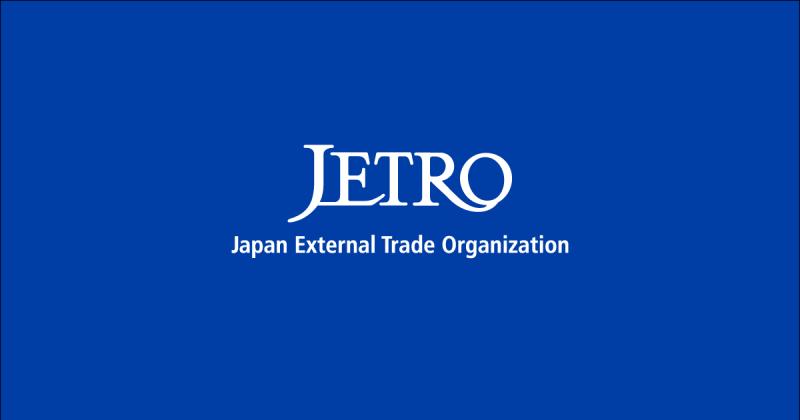
Japanese firms operating in Sri Lanka were concerned about political or social instability within the country.
The latest survey showed that the most frequently cited risks to investment in Sri Lanka were ‘political or social instability’ (83.9 percent), followed by ‘unclear government policy management’ (71.0 percent) and currency volatility’(45.2 percent).
Increased labor costs (41.9 percent), and ‘high employee turnover rate’ (35.5 percent), were next.
Specifically, Japanese companies in Sri Lanka highlighted ‘sudden import restrictions and abrupt changes in tax rates’, ‘increase in fixed costs due to hikes in corporate tax and utility tariffs’, ‘overseas migration of young talents’, JETRO said.
Power outages, too much time to obtain import licenses and residence visas, and risk of supply chain disruption due to import restrictions, were also cited.

